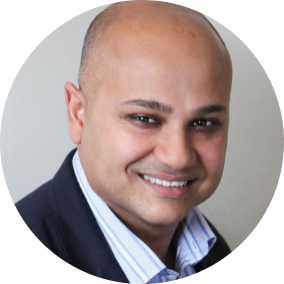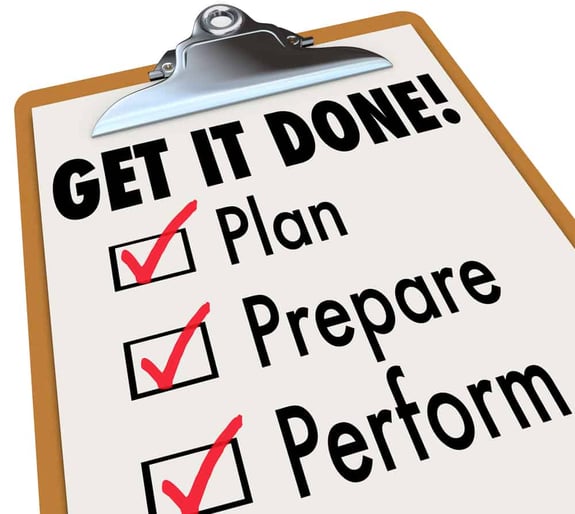Ok so you used the 9 tips to assess your prospective employer in the first part of this series to land an interview for your dream job at your ideal company.
You dig the corporate vibes and this gig is going to be your launching pad for stellar success.
Well … Congratulations!
Now you need to really prepare for that interview so you can hit it out of the park and close the deal.
The good news is that you’ve already a lot of the due diligence for the interview when you executed on the 9 tips to assess this company.
You already understand the corporate culture. You’ve learnt a bit about the CEO. A bit about your hiring manager from linked in. You’ve had a peek at the annual report and your professional networks have hopefully given you some good insights.
That’s a good chunk of your interview prep right there. Already done.
Now all that’s left is a deep dive into the role itself and how it touches the rest of the organisation which you already understand pretty well.
Here are my 5 tips on what to do to really nail that interview you have coming up.
1) Start early so your thoughts have time to crystallise into executable ideas
Preparing for an interview is an incremental process. So start early.
What works really well for me is asking myself open ended questions and then let them ‘simmer in my subconscious’. I’d allow at least 3 days for this process.
The easiest way for me to do this is to map my skills to the job description and then ask myself specific questions around how I’m going to execute on the key aspects of the JD.
This helps a lot when preparing my 100 day plan which I will touch on later in this post.
Once I’ve identified my relevant skills I reflect on situational examples that will inevitably come up during the interview.
I find these examples never seem to come to me when I summon them. Rather they appear when I ‘allow the contemplative process’.
This is the path of least resistance for me. I just make notes on my iPhone app and then transfer them into MindNode where I tend to structure my thinking.
2. Get a clear understanding how you fit into the organisation
How many levels away from the CEO will you be? Which business Unit will your role report into? Finance? Marketing? Operations? Sales?
Is the organisation a sales driven one or an analytical one? What is the organisation’s core competency?
3. Understand who your key stakeholders are going to be in the role?
Who will be relying on your output in this role? Who will you be relying on to receive information to produce that output? Are there currently processes in place for this to happen or will you need to build them?

I’ve found that asking these questions is invaluable in getting a deep insight into the role.
I might not allude to these questions (or their answers) directly during the interview but the implied knowledge gained from this sort of thinking always shines through and enables me to make poignant comments and ask intelligent questions.
4. Look up the hiring manager’s profile on LinkedIn.
Very important! Gives you an appreciation for who she is what her background is and what is important to her.
For more detail on this check out points 6 and 9 in part one in this series which outlines the 9 tips on assessing your future employer .
5. Get an understanding of the company’s vision and strategy
And how your role will tie into the corporate vision.
This demonstrates to the interviewer that you understand the strategic value of your role in the organisation.
You should be able to get this from the company’s annual report. The CEO’s address is always a good place to start.
6. Get an appreciation for key corporate figures and product and/or service offerings

What was the turnover last year and this year? Profit? Number of employees? What were the key events that affected the company last year and what is next year’s outlook?
Most of this can usually be gleaned from the CEOs address in the annual report
Get an understanding of the product and service offerings in the organisation which you can usually do from their website.
7. Prepare intelligent questions to ask in the interview.
Questions and reflect that you have have done your research and then thought deeply about your findings will always stand you in good stead.
For example if you’re interviewing with an insurance company and you asked a question like “How have the recent storms in XYZ state impacted your business in that state? which segments have been most affected?”
8. Prepare a 90 day game plan for the role
Have a think about what the main goals you’d like to kick in the first 30, 60, and 90 days.

Identify quick wins that will enable you to establish credibility with your peers in the new role and pave a path for success.
Going in with the game plan shows that you’re enthusiastic and committed. Your plan may not be 100% correct but the fact that you took the time to lay one out is going to be a good differentiator and demonstrate commitment to any hiring manager
How do you prepare for a job interview? Which steps do you take that aren’t covered in this post?

